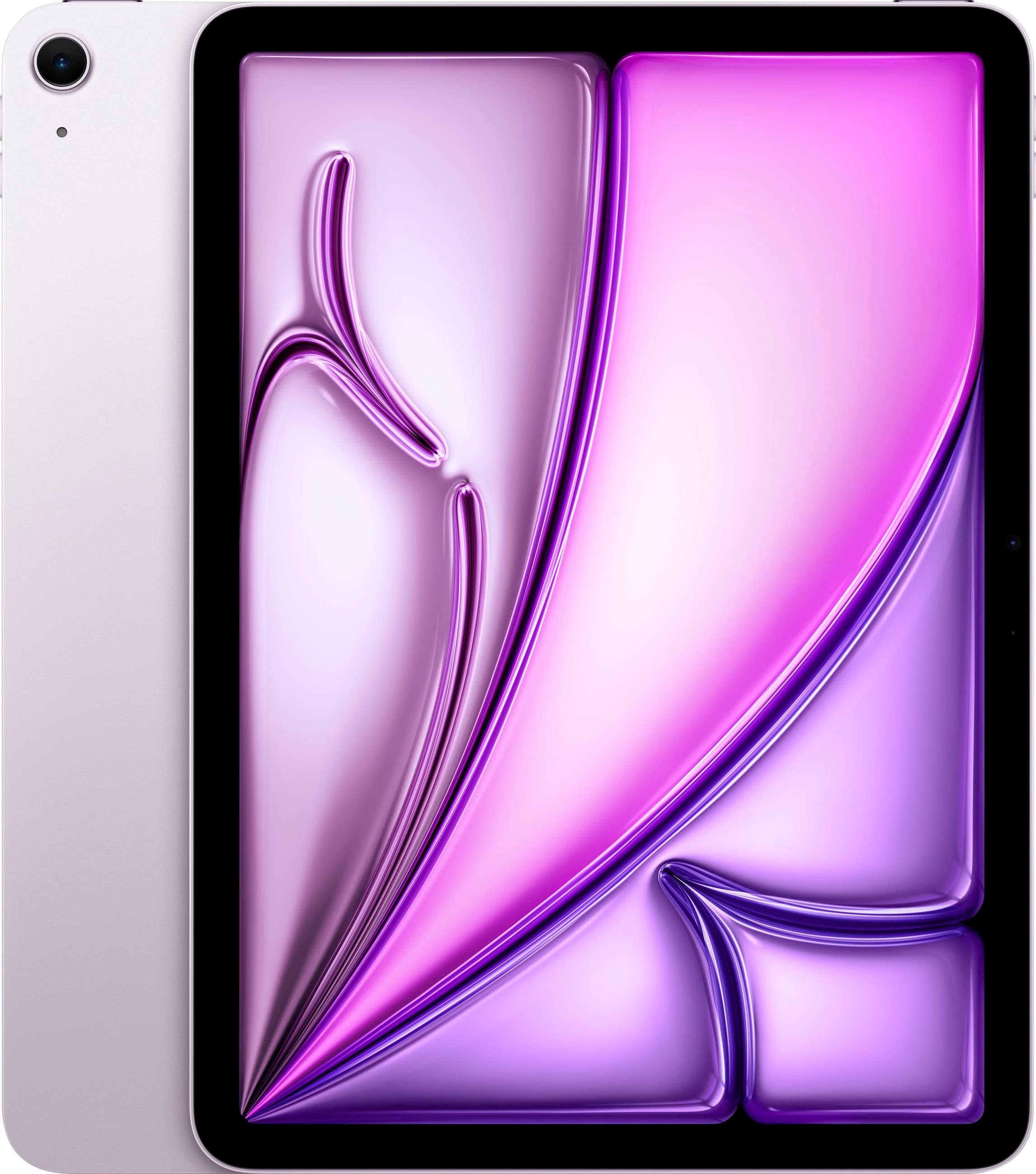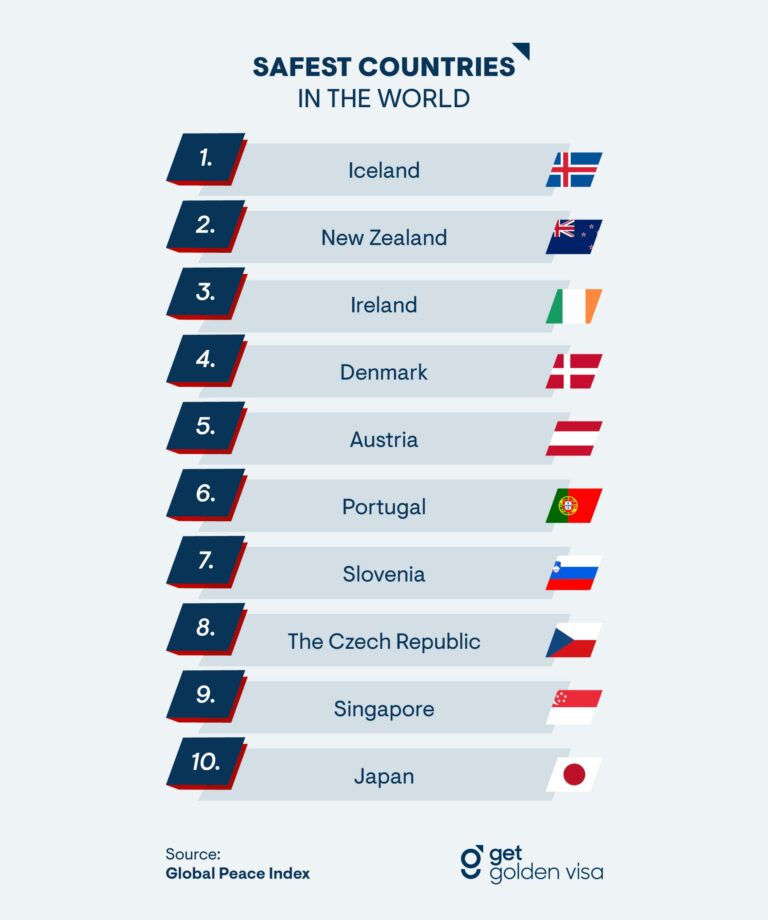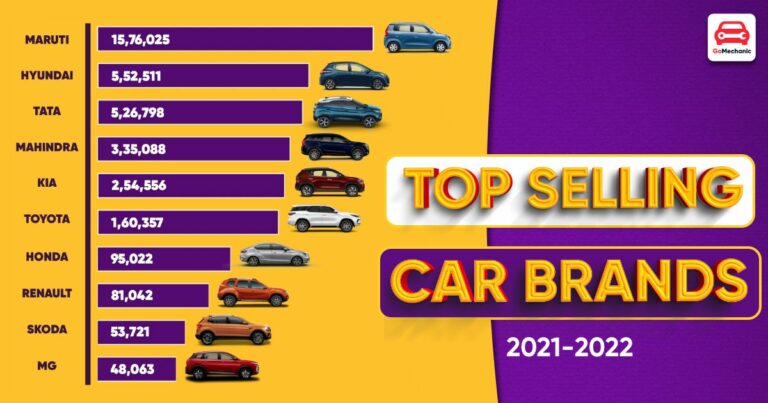Best Selling Car Brands
Best Selling Car Brands cars.truckstrend.com
The automotive industry is a colossal global enterprise, driven by innovation, consumer demand, and intense competition. At its heart lie the best-selling car brands – titans that consistently capture the largest shares of the market, shaping trends, and dictating the pace of technological advancement. Understanding what makes a car brand a "best-seller" goes beyond mere sales figures; it delves into a complex interplay of reliability, value, design, marketing, and a profound connection with consumer needs and aspirations. These brands aren’t just selling vehicles; they’re selling trust, lifestyle, and a promise of quality that resonates with millions worldwide. Their dominance is a testament to their strategic acumen, engineering prowess, and an unwavering commitment to meeting diverse market demands. For consumers, identifying best-selling brands offers a shortcut to products with proven track records, widespread support, and often, better resale value. For industry enthusiasts and investors, they represent the pulse of the market and indicators of future direction.
Understanding Market Dominance: The Hallmarks of a Best Seller
Best Selling Car Brands
Market dominance in the automotive sector is not achieved overnight. It is the culmination of decades of strategic planning, continuous innovation, and a deep understanding of consumer psychology. Best-selling car brands typically exhibit several key characteristics that set them apart:
- Global Reach and Manufacturing Scale: They operate on a truly global scale, with manufacturing plants and distribution networks spanning continents. This allows them to achieve economies of scale, reduce production costs, and respond efficiently to regional demands.
- Diverse Product Portfolios: From compact city cars and family SUVs to rugged pickups and luxury sedans, these brands offer a wide array of models catering to various segments, budgets, and lifestyles. This diversification minimizes risk and maximizes market penetration.
- Strong Brand Reputation and Trust: Years of delivering reliable, quality vehicles build an invaluable reputation. Consumers often stick with brands they trust, leading to repeat purchases and strong brand loyalty.
- Continuous Innovation: Best sellers are often at the forefront of automotive technology, whether it’s in powertrain efficiency, safety features, in-car connectivity, or the transition to electric vehicles (EVs). They invest heavily in R&D to stay ahead of the curve.
- Effective Marketing and Customer Service: A strong product needs strong communication. These brands excel at marketing, creating compelling narratives and ensuring excellent after-sales service, which is crucial for customer retention.

The Global Top Contenders: Who Sells the Most?
While annual rankings can fluctuate, certain brands consistently appear at the top of global sales charts. These are the giants that have mastered the art of automotive production and sales:
- Toyota: A perennial leader, Toyota’s success is built on an unwavering reputation for reliability, durability, and strong resale value. Their pioneering work in hybrid technology (Prius) and their robust lineup of SUVs (RAV4, Highlander) and pickups (Hilux, Tacoma) have solidified their global appeal.
- Volkswagen Group: This German conglomerate boasts an impressive portfolio of brands including Volkswagen, Audi, Skoda, SEAT, Porsche, and Lamborghini. Their strength lies in engineering excellence, diverse offerings, and a strong presence in key European and Asian markets. The VW Golf and Tiguan are consistent best-sellers.
- Hyundai-Kia: The South Korean duo has made remarkable strides, offering stylish, feature-rich vehicles at competitive prices. Their rapid adoption of electrification and commitment to design have propelled them into the top tier.
- General Motors (GM): A North American powerhouse, GM’s success is driven by its strong truck and SUV sales (Chevrolet Silverado, GMC Sierra, Chevrolet Equinox) and a growing focus on electric vehicles across its Chevrolet, GMC, Cadillac, and Buick brands.
- Ford: Another American icon, Ford’s F-Series pickup trucks are legendary for their consistent sales dominance in the U.S. and beyond. Their global presence and shift towards electric versions of their popular models (F-150 Lightning, Mustang Mach-E) are key to their ongoing success.
- Honda: Known for its reliable engines and well-engineered vehicles, Honda excels in compact and mid-size segments with models like the Civic, CR-V, and Accord, maintaining a strong presence globally.
- Mercedes-Benz & BMW: While often considered luxury brands, their sheer volume of sales in premium segments makes them significant global players. They leverage brand prestige, advanced technology, and high-performance engineering to attract discerning buyers worldwide.
- Tesla: A relatively new entrant, Tesla has rapidly ascended the ranks by revolutionizing the EV market. Their innovative technology, strong brand identity, and direct-to-consumer sales model have made models like the Model 3 and Model Y global best-sellers in the electric segment.


Factors Driving Sales Success: A Deeper Dive
The success of best-selling car brands is multifaceted, stemming from a combination of strategic decisions and market execution:
- Reliability and Durability: A car is a significant investment, and consumers prioritize vehicles that can withstand the test of time with minimal issues. Brands like Toyota and Honda have built their reputation on this cornerstone.
- Affordability and Value Proposition: While not all best-sellers are "cheap," they often offer exceptional value for money, combining features, performance, and reliability at a competitive price point.
- Innovation and Technology: Keeping pace with, and often leading, technological advancements is crucial. This includes fuel efficiency, advanced safety features (ADAS), infotainment systems, connectivity, and crucially, the transition to electric powertrains.
- Design and Aesthetics: A car’s appearance plays a significant role in attracting buyers. Best-selling brands invest heavily in design, creating vehicles that are not only functional but also visually appealing and distinctive.
- Marketing and Brand Image: Effective marketing campaigns build brand recognition and desirability. A strong brand image fosters loyalty and creates a perception of quality and trust.
- Global Reach and Manufacturing Scale: The ability to produce and distribute vehicles efficiently across diverse markets, adapting to local preferences and regulations, is a massive advantage.
- After-Sales Service and Resale Value: A robust service network, readily available parts, and a strong resale value contribute significantly to customer satisfaction and repeat business. Buyers feel secure knowing their investment is protected and maintenance will be straightforward.
Regional Variations and Emerging Trends
While global leaders exist, "best-selling" can vary significantly by region. For example, pickup trucks dominate North American sales, while compact cars and smaller SUVs are preferred in Europe and Asia due to different road conditions, fuel prices, and consumer needs. Emerging markets also present unique opportunities and challenges, with local brands often holding strong positions.
The automotive landscape is currently undergoing a seismic shift driven by:
- Electrification: The push towards electric vehicles is reshaping the industry. Brands that adapt quickly and offer compelling EV options are gaining market share.
- Autonomous Driving: While still in development, the promise of self-driving technology is influencing R&D and strategic partnerships.
- Supply Chain Resilience: Recent global events have highlighted the fragility of supply chains, forcing brands to re-evaluate their production strategies.
- Increased Competition: New EV startups and rapidly expanding Chinese manufacturers are challenging the established order, bringing fresh designs and competitive pricing.
- Sustainability: Consumers and regulations are increasingly demanding environmentally friendly production processes and materials.
Practical Advice for Consumers and Industry Observers
For consumers looking to purchase a vehicle, considering a best-selling brand offers several advantages:
- Proven Reliability: These brands have a track record of building dependable vehicles.
- Strong Resale Value: Popular models tend to hold their value better, which is beneficial when it’s time to upgrade.
- Widespread Service Network: Parts and service are usually more readily available, making maintenance easier and often more affordable.
- Community and Reviews: A larger owner base means more reviews and online communities for support and information.
- Test Drive and Research: Even with a best-seller, always test drive the specific model you’re interested in, read detailed reviews, and compare features to ensure it meets your personal needs and budget.
For industry observers and investors, tracking best-selling brands provides insights into:
- Market Trends: What types of vehicles are gaining popularity? What technologies are resonating with consumers?
- Competitive Landscape: How are established players responding to new entrants and technological shifts?
- Investment Opportunities: Identifying brands with strong future growth potential based on their sales performance, innovation, and strategic direction.
- Supply Chain Health: High sales volumes often indicate efficient production and robust supply chain management.
Table: Global Best-Selling Car Brands Overview (Representative Information)
This table provides a snapshot of some of the consistently best-selling global car brands, their key success factors, popular models, and a representative price range for their offerings. Note: Prices are approximate and vary widely by model, trim, region, and optional features.
| Brand | Key Success Factors | Popular Models (Examples) | Representative Price Range (USD) (Popular Models) | Approx. Global Annual Sales (Units) (Pre-2024 Avg.) |
|---|---|---|---|---|
| Toyota | Unmatched reliability, hybrid tech leadership, strong SUV/truck lineup, global reach | RAV4, Camry, Corolla, Tacoma, Hilux, Prius | $23,000 – $60,000+ | ~10.5 million (incl. Lexus, Daihatsu) |
| Volkswagen Group | Engineering excellence, diverse portfolio (VW, Audi, Porsche), European dominance | Golf, Tiguan, ID.4, Passat, T-Roc, Jetta | $25,000 – $80,000+ (VW core brand) | ~9.2 million (all group brands) |
| Hyundai-Kia | Stylish design, value-for-money, rapid EV adoption, comprehensive warranty | Elantra, Tucson, Sportage, Palisade, Kona, Ioniq 5 | $22,000 – $55,000+ | ~7.3 million |
| General Motors | Dominant truck/SUV sales (N. America), strong EV push, diverse brand portfolio | Chevrolet Silverado, Equinox, GMC Sierra, Cadillac Escalade | $28,000 – $90,000+ | ~6.0 million |
| Ford | F-Series truck dominance, global presence, strong commercial vehicle segment, EV push | F-150, Explorer, Escape, Bronco, Mustang Mach-E | $28,000 – $80,000+ | ~4.2 million |
| Honda | Engine reliability, efficient compacts/SUVs, strong resale value | Civic, CR-V, Accord, Pilot, HR-V | $24,000 – $45,000+ | ~3.8 million |
| Mercedes-Benz | Luxury appeal, technological innovation, strong global brand image | C-Class, E-Class, GLC, GLE, EQS | $45,000 – $150,000+ | ~2.4 million |
| BMW | Driving dynamics, premium technology, strong brand loyalty, diverse SUV lineup | 3 Series, 5 Series, X3, X5, i4, iX | $40,000 – $120,000+ | ~2.4 million |
| Tesla | EV pioneer, cutting-edge tech, strong brand loyalty, direct sales model | Model 3, Model Y, Model S, Model X | $40,000 – $100,000+ | ~1.8 million (2023) |
Frequently Asked Questions (FAQ)
Q1: What defines a "best-selling" car brand?
A1: A "best-selling" car brand is typically one that consistently achieves the highest global or regional sales volumes over a significant period (e.g., annually). It signifies market leadership, strong consumer demand, and often, a robust global presence and diverse product lineup.
Q2: Are best-selling cars always the most reliable?
A2: While many best-selling brands like Toyota and Honda are renowned for reliability, high sales volume doesn’t automatically equate to the absolute best reliability for every single model. However, strong reliability is a major contributing factor to their sustained success, as consumers tend to avoid brands with consistent quality issues.
Q3: How do electric vehicles (EVs) impact best-selling lists?
A3: EVs are increasingly influencing best-selling lists. While traditional ICE (Internal Combustion Engine) vehicles still dominate overall sales, EV-focused brands like Tesla have rapidly ascended the ranks. Established best-selling brands are heavily investing in EVs, and their future sales dominance will increasingly depend on the success of their electric offerings.
Q4: Do luxury brands ever make the best-selling list?
A4: Yes, while they operate in a different price segment, luxury brands like Mercedes-Benz and BMW consistently rank among the top global sellers in terms of volume within the premium market. Their sheer scale of production and sales, driven by strong demand for their diverse range of high-end sedans, SUVs, and performance vehicles, makes them significant players.
Q5: How often do best-selling lists change?
A5: The very top spots (e.g., #1 or #2 globally) tend to be stable for years, with brands like Toyota and Volkswagen Group consistently at the summit. However, positions further down the top 10 can shift annually due to new model launches, market trends, economic conditions, supply chain issues, and regional performance. New entrants and rapid growth in specific segments (like EVs) can also cause more dynamic changes.
Conclusion
The landscape of best-selling car brands is a dynamic testament to innovation, strategic foresight, and an unwavering focus on consumer needs. These automotive giants are more than just manufacturers; they are trendsetters, economic powerhouses, and symbols of technological progress. Their enduring success is built on foundations of reliability, value, and a constant drive to adapt to evolving market demands, particularly in the current era of electrification and digitalization. For consumers, choosing from a best-selling brand often translates to a more secure investment, backed by proven quality and widespread support. As the industry continues its rapid transformation, the brands that maintain their best-selling status will be those most adept at balancing tradition with revolutionary change, ensuring they remain relevant and desirable to the next generation of drivers.





